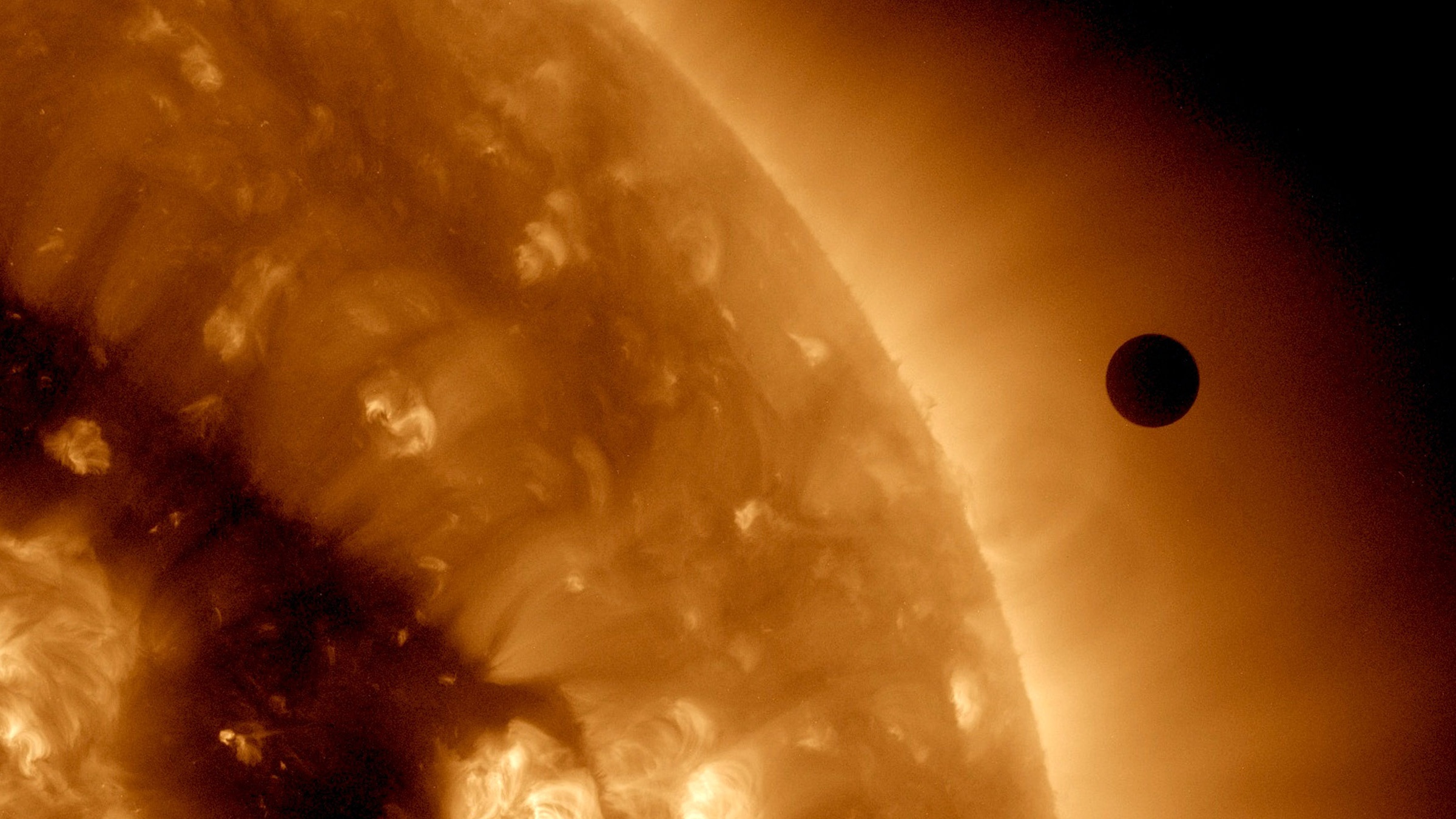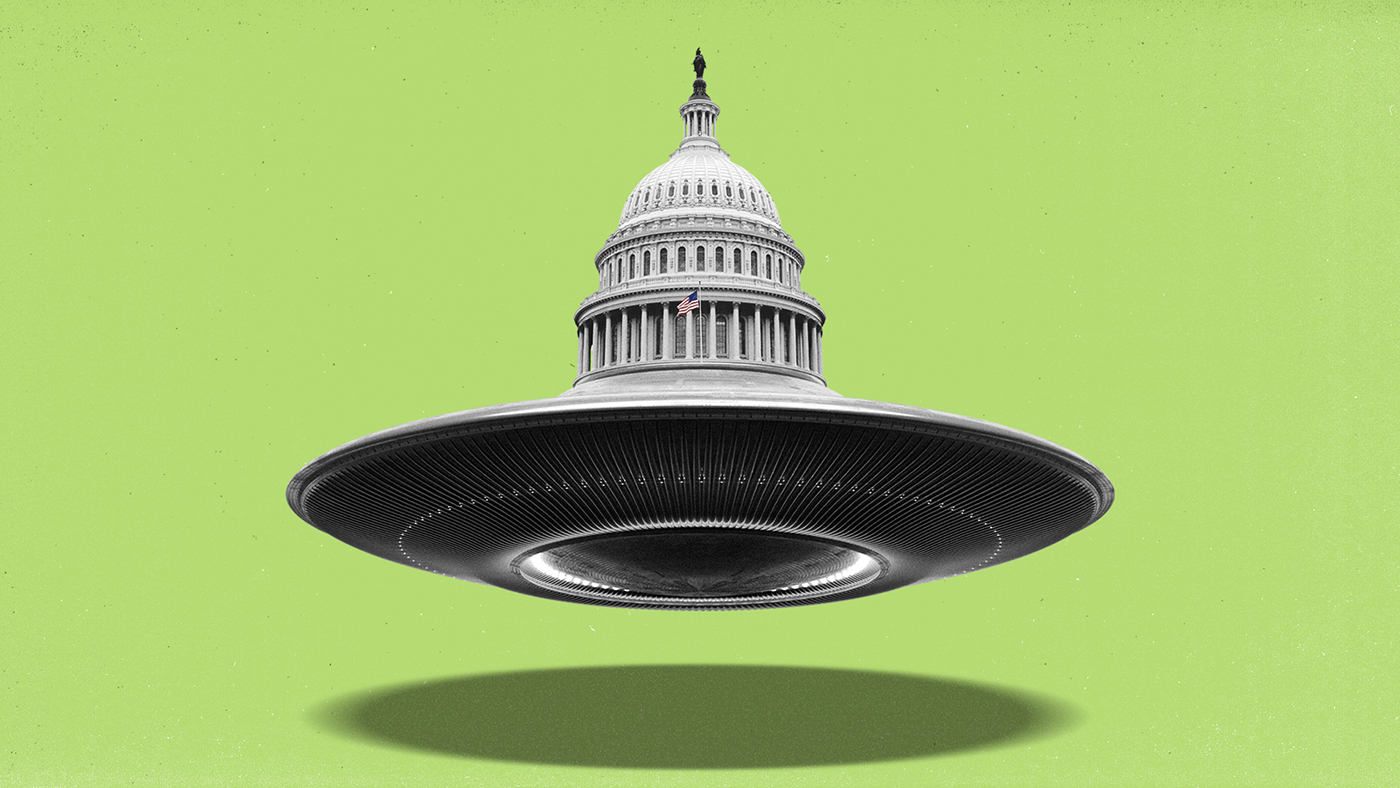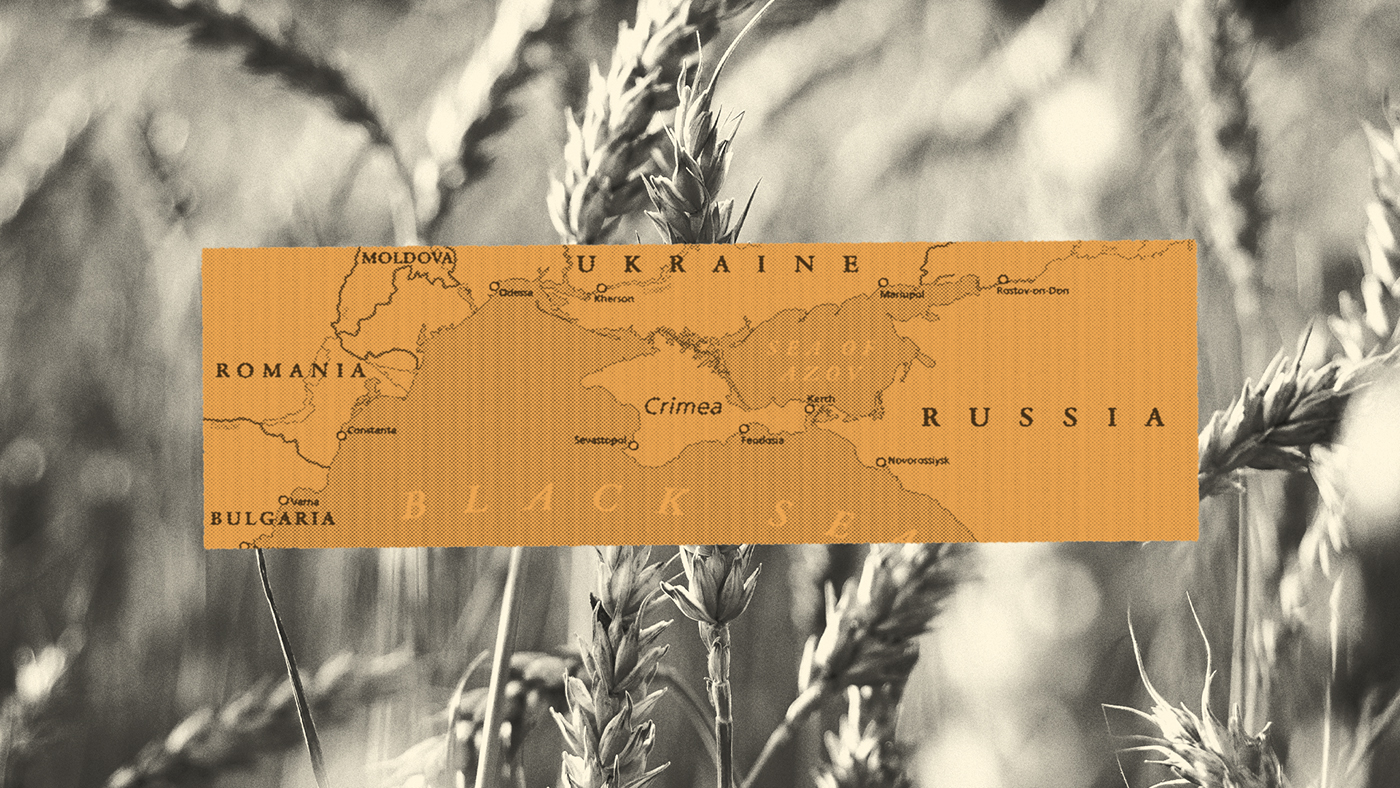Return to Venus: what is Nasa hoping to discover?
The US space agency plans to revisit Earth’s nearest neighbour for the first time in 30 years

A free daily email with the biggest news stories of the day – and the best features from TheWeek.com
You are now subscribed
Your newsletter sign-up was successful
Nasa is hoping to return to Venus as early as 2028 with two missions to understand more about what may have been the first habitable planet in the solar system.
The ambitious deep space projects aim to find out how Venus “became an inferno-like world when it has so many other characteristics similar to ours”, says Nasa.
The US space agency has set aside $1bn (£700m) in developmental funding for the two missions, which will be America’s first exploration of the Earth’s closest planetary neighbour since 1989, when the Magellan spacecraft was launched on a five-year trip to map Venus’s volcanic surface.
The Week
Escape your echo chamber. Get the facts behind the news, plus analysis from multiple perspectives.

Sign up for The Week's Free Newsletters
From our morning news briefing to a weekly Good News Newsletter, get the best of The Week delivered directly to your inbox.
From our morning news briefing to a weekly Good News Newsletter, get the best of The Week delivered directly to your inbox.
Nasa, which launched the Perseverance mission to Mars last year, hopes to build on the data it uncovered in 1980s with these two new missions.
- The first mission, called Davinci+ (which stands for deep atmosphere Venus investigation of noble gases, chemistry and imaging), will measure the composition of the planet’s atmosphere to understand how it formed and evolved, as well as determine whether the planet ever had an ocean, says Nasa. It will also take high-resolution pictures of unique geological features on Venus called “tesserae”, which the space agency says could be comparable to Earth’s continents, suggesting that Venus has plate tectonics.
- The second mission the agency will launch is Veritas (Venus emissivity, radio science, InSAR, topography and spectroscopy). It will map Venus’s surface to “determine the planet’s geologic history and understand why it developed so differently than Earth”, says Nasa. It hopes that images of elevations on the surface of the planet will allow the creation of 3D reconstructions of topography and provide clues as to whether any volcanic activity is still taking place.
Venus is the second planet from the Sun, after Mercury, and is the hottest, says BBC Newsround, “with a surface temperature of 500 Celsius – hot enough to melt lead”. This, says Nasa, is because a “thick atmosphere traps heat in a runaway greenhouse effect”.
But, as Tom Wagner, lead scientist of Nasa’s discovery programme, said in a statement: “It is astounding how little we know about Venus, but the combined results of these missions will tell us about the planet from the clouds in its sky through the volcanoes on its surface all the way down to its very core.
“It will be as if we have rediscovered the planet.”
A free daily email with the biggest news stories of the day – and the best features from TheWeek.com
-
 Properties of the week: pretty thatched cottages
Properties of the week: pretty thatched cottagesThe Week Recommends Featuring homes in West Sussex, Dorset and Suffolk
-
 The week’s best photos
The week’s best photosIn Pictures An explosive meal, a carnival of joy, and more
-
 The ‘ravenous’ demand for Cornish minerals
The ‘ravenous’ demand for Cornish mineralsUnder the Radar Growing need for critical minerals to power tech has intensified ‘appetite’ for lithium, which could be a ‘huge boon’ for local economy
-
 Would North Korean weapons tilt the war Russia’s way?
Would North Korean weapons tilt the war Russia’s way?Today's Big Question Putin wants to boost ‘depleted stocks’ but Pyongyang’s arms may be in poor condition
-
 What went wrong with the German economy?
What went wrong with the German economy?Today's Big Question ‘Deep-rooted’ and ‘knotty’ problems threaten return of ‘sick man’ label
-
 Why are so many local councils on the brink of bankruptcy?
Why are so many local councils on the brink of bankruptcy?Today's Big Question Inflation, underfunding and growing demand for services has put pressure on local authorities at the worst time
-
 UFO hearing: why is Washington suddenly embracing aliens?
UFO hearing: why is Washington suddenly embracing aliens?Today's Big Question Speculation of extraterrestrial life has moved from ‘conspiracy fringe’ to Congress
-
 Can the Ukraine-Russia Black Sea grain deal be rescued?
Can the Ukraine-Russia Black Sea grain deal be rescued?Today's Big Question The Kremlin’s termination of agreement has sparked fears among food-insecure countries
-
 Where is China’s missing foreign minister Qin Gang?
Where is China’s missing foreign minister Qin Gang?Today's Big Question Three-week absence coincides with rumours of an affair with Hong Kong TV presenter Fu Xiaotian
-
 What happened to the missing Titanic sub?
What happened to the missing Titanic sub?Today's Big Question Oxygen supplies running out after vessel lost contact during ‘daredevil’ trip
-
 Donald Trump indicted again: is latest threat of prison a game changer?
Donald Trump indicted again: is latest threat of prison a game changer?Today's Big Question The former president ‘really could be going to jail’ but Republicans ‘may not care’ say commentators